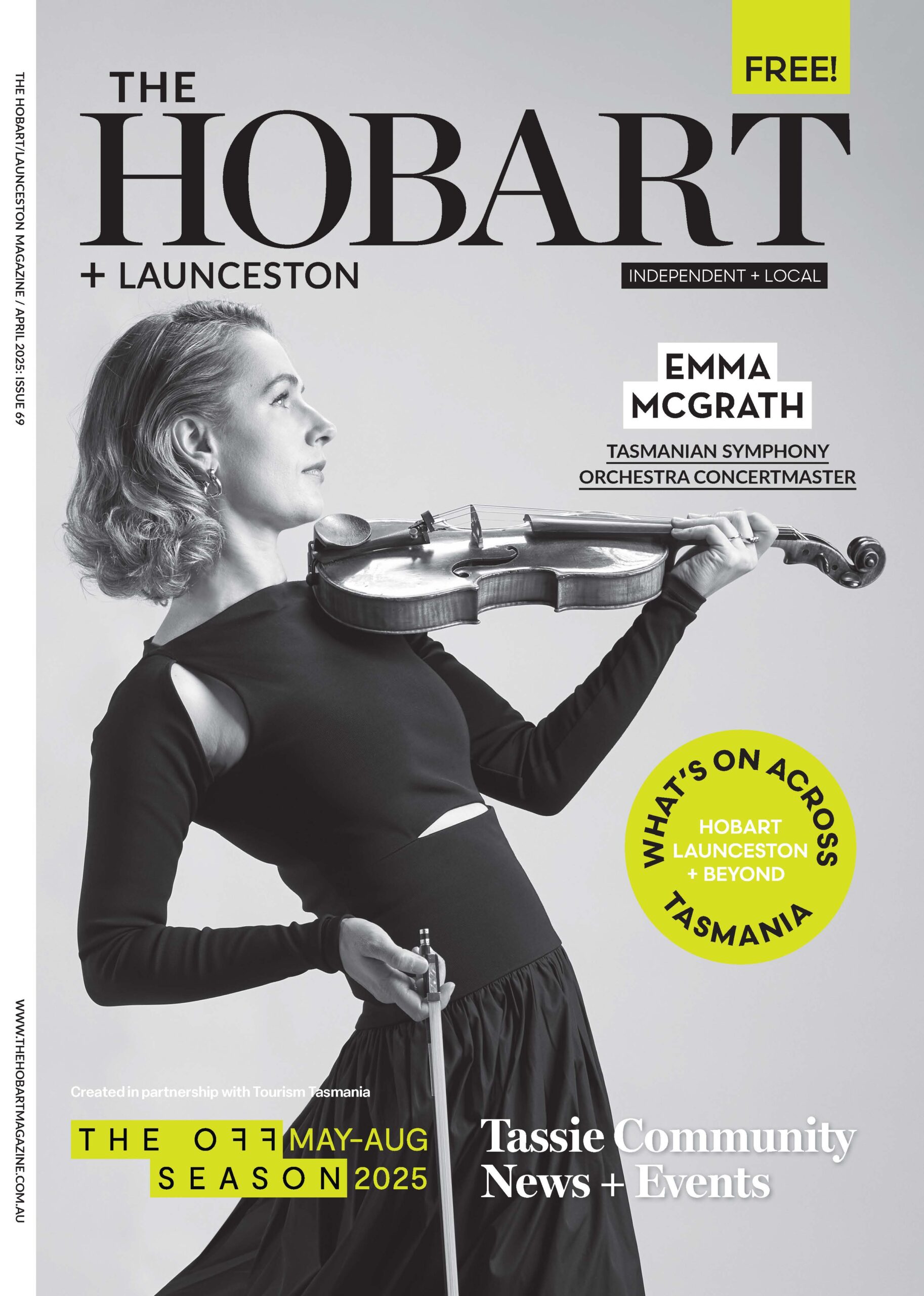Words of Emotion
by Amanda Double

If we can’t talk about our feelings, they may bottle up inside us – and one day explode, like a hastily-uncapped bottle of fizzy drink that has been rolling around in the car for too long…
Last month we looked at “grandiloquent” words and those announced as the 2023 Words of the Year. This time, we focus on words that reflect how we FEEL – using examples from the book, An emotional dictionary: Real words for how you feel from Angst to Zwodder (John Murray, 2022). Its author, English lexicographer and etymologist Susie Dent, has a big media presence in England, having also appeared as a word expert on numerous game shows, including 8 Out of 10 Cats Does Countdown and Would I Lie to You. Susie wants to help us examine how we really feel, by providing us with the words that can help us describe these feelings.
She briefly refers to the work of Dr. Lisa Feldman Barrett, a distinguished American psychology professor and scientist who believes that people who draw on a wider range of vocabulary to express their emotions are much more able to cope with them – and less likely to lash out in anger or frustration, or demonstrate other self-destructive tendencies which impact on health. “You are what you feel, as long as you can describe it.” The naming is important. Take the Rumpelstiltskin fairy tale, where the miller’s daughter/queen is only able to escape the horrific fate of giving up her firstborn child by managing to correctly name the strange little man who helped her spin straw into gold – it’s all about the power of the naming. Academics have even established an official principle based on this – the “Rumpelstiltskin Principle”.
In trying to broaden our emotional vocabulary, Susie has naturally concentrated on “the words that particularly sang to me…”, a practice I also follow when providing examples here. Some inclusions are words we know well, such as gentle, halcyon, and Impostor Syndrome, while others are delightfully new, at least to me. She includes a two-page emotional thesaurus at the end, along with the index. Some words have been adopted into English from other languages, particularly where attempts to express the same sentiment in English would demand significantly more words. For example, the Italian word “abbiocco”, meaning “the drowsiness you feel after a large meal”. So delightfully Mediterranean! I also strongly relate to another Italian phrase, “dolce far niente”, or “the pleasure of doing nothing”.
The word “apricity” is quietly perfect, meaning “the warmth of the sun on a winter’s day”. The first record of this word, from 1623, appears in the multi- volume Oxford English Dictionary, although at the time it was defined more quaintly as “the warmeness of the Sunne in Winter”.
I also appreciate “after-wit”, defined as “a realisation that comes too late”. Don’t you just hate it when you think of a terrific comeback after you’ve already walked away from a conversation? Regret is also a factor in “hinayang “, a Tagalog word for “regret over something that might have been”. A wasted opportunity.
The over-excitable among us might also recognise that feeling of “anticipointment”, or “disappointment in something eagerly anticipated”. And every parent and busy worker knows well the feeling the Germans got spot-on with “Eilkrankheit”, or “the anxiety induced by always rushing around“ (literally translated as “hurry sickness”). Now at last we know what to call it. Similar is “forswunk”, or feeling “worn out from too much work”. I also like “overmused” – that is, “exhausted from thinking”.
While “nod-crafty”, or “able to seem fully involved in a conversation when you’re not really listening”, sounds like a modern word, it has in fact been used since the eighteenth century.
“Snoodging”, so melodious and onomatopoeic, means “nestling snugly”. There is generosity in “confelicity”, or “pleasure in another’s happiness”, which contrasts nicely with “Schadenfreude”, the much more well-known German word for “pleasure in another’s pain”. “Respair” is another very hopeful word, signifying “a recovery from despair”, while “pregret”, on the other hand, is “to regret in advance” – when you know you’re going to regret doing something, but you can‘t seem to stop yourself from doing it anyway.
Another more modern sort of feeling is that anxious conviction that your mobile phone is ringing, even when it’s not. Some have used the humorous blended word “fauxcellarm” for this (try saying it aloud), while others call it “phantom vibration syndrome” (voted Macquarie Dictionary’s Word of the Year for 2012).
As Barbie director and co-writer Greta Gerwig has said: “You only get one life, so you might as well feel all the feelings.” And if we can name them, even better.

